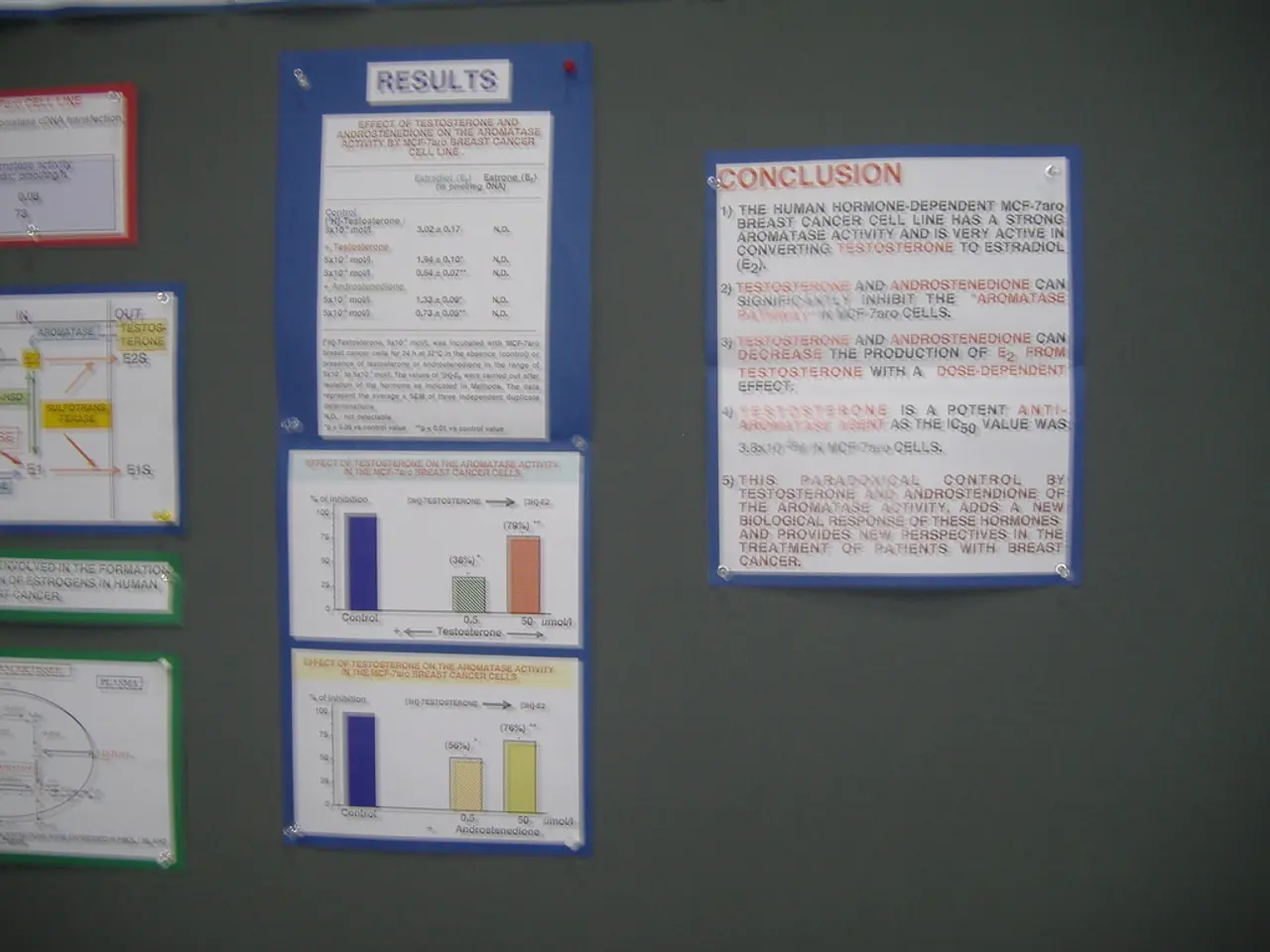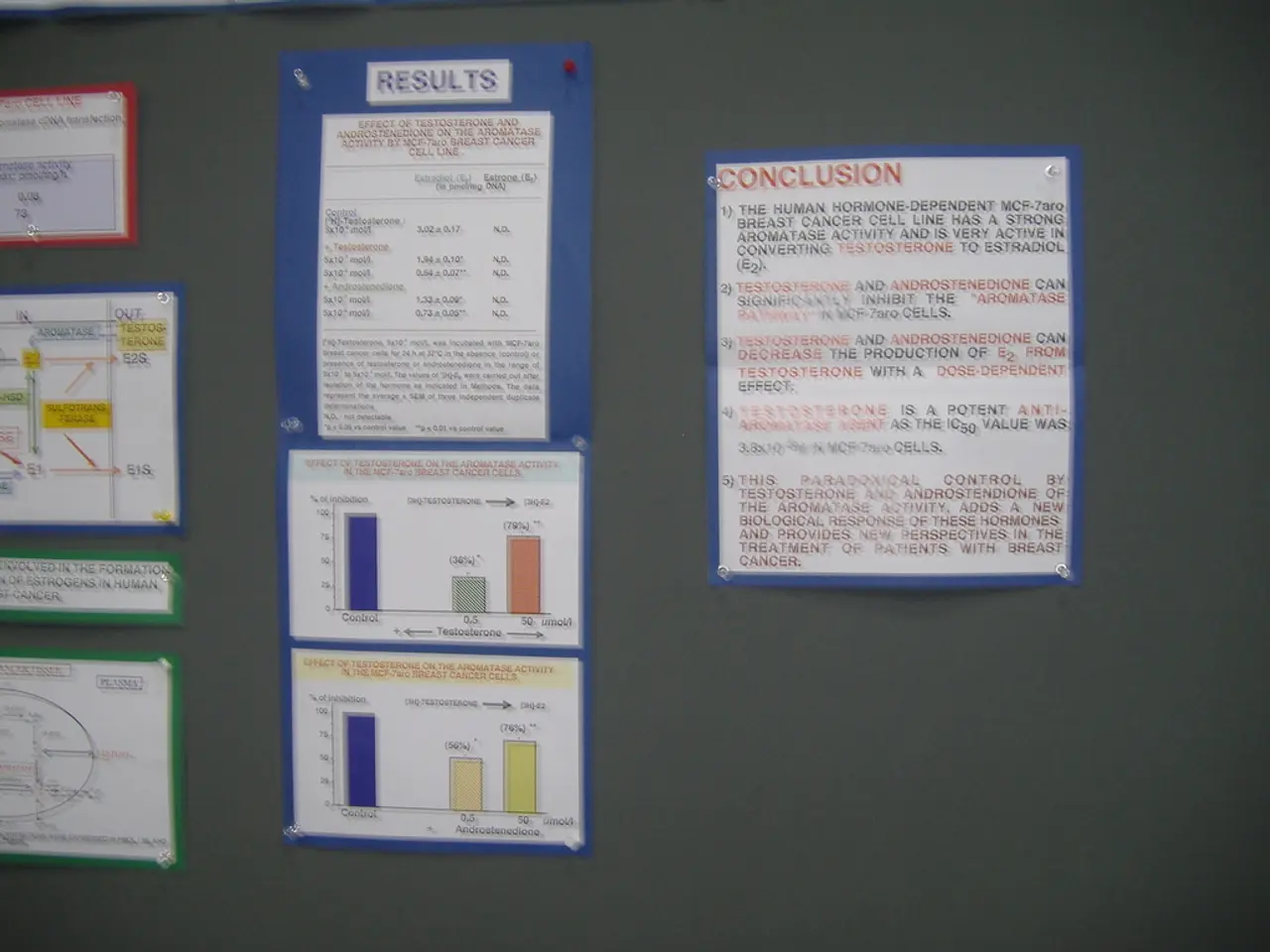"Fighting for Fair Share": States Demand Compensation as States' Barrage Buchanan Over Tax Losses Ahead of Top-Level Meeting
Demand for Financial Reimbursement: States Pursue Compensation for Tax Revenue Shortfall Prior to Pivotal Conference - Countries push for financial reparations due to tax revenue losses, a key issue to be addressed at the upcoming summit.
Households, states, and municipalities are bracing for potential instability in the third year of the recession, according to German Finance Minister Hendrik Wüst. The government's proposed tax relief for businesses, otherwise known as the "cooperation policy," flies in the face of the agreed-upon "coherence principle" in the coalition agreement between the Union and SPD, a principle that holds the deciding government responsible for financing the tasks it sets forth [1][2]. This principle extends to reduced revenues.
Wüst warns of potential tax losses for states and municipalities of up to €30 billion by 2029 due to the relief plans. "We want it, but we must also be able to afford it," he commented. As it stands, states and municipalities are already grappling with financial hardship in certain areas, with Wüst stating, "We're not exactly swimming in money here" [1].
The federal government aims to invigorate the sluggish economy before the summer break with a so-called "growth catalyst," primarily through tax relief for businesses. This topic is slated to take center stage at the meeting scheduled for Wednesday between the ministers-president of the federal states and Federal Chancellor Friedrich Merz (CDU) in Berlin [1].
Baden-Württemberg's Minister-President Winfried Kretschmann (Greens) has urged that if the federal government causes reduced revenues for states and municipalities, it must compensate them to the same degree. While Kretschmann acknowledges the importance of strengthening the economy's competitiveness, he stresses the need for sustainability and financial balance, "and not through new debts with the states" [1].
"We will not reach a final decision on this matter this week," stated Chairman of the Social Democratic Party (SPD) Lars Klingbeil Monday night during an event of the "Rheinische Post." However, it is clear that "we will launch a multi-billion euro program" [1].
North Rhine-Westphalia's deputy head of government, Mona Neubaur (Greens), supports Neubaur's stance, finding the claims of states bearing the cost of federal measures in the Bundesrat to be "quite cheeky." If the federal government refuses to budge, Neubaur hints at resistance within the Bundesrat [1].
The German Association of Towns and Municipalities demands direct federal aid for municipalities to offset their tax losses, bypassing the states. It suggests short-term relief could be achieved through reduced trade tax equalization [1]. In the long term, municipalities should see an increase in their share of VAT or income tax revenues, while also receiving relief in the area of social spending [3].
Similar views are shared by the managing director of the German Association of Counties, Hans-Günter Henneke, who advocates for a temporary reduction in the trade tax equalization to compensate for the expected tax losses. Henneke reiterates the demand for appropriate reimbursement to ensure financial stability in the face of impending tax losses [4].
The Left Party opposes the proposed tax relief for businesses, asserting that the so-called economic growth booster will have no significant positive impact on the economy in the near future [1]. Instead, they argue that the funds will predominantly end up in wealthy individuals' pockets. The party calls for an immediate stop to these one-sided tax reliefs for businesses at the expense of states and municipalities [1].
- Top meeting
- Growth catalyst
- Hendrik Wüst
- Federal government
- CDU
- Greens
- SPD
- Municipality
- Bundesrat
- Fiscal stability
- Bold
- Friedrich Merz
- Rhineland Post
- Coalition agreement
Enrichment Data:The federal government's proposed investment booster in Germany includes special depreciation allowances and tax cuts aimed at stimulating business investment between 2025 and 2027. Key features include a 30% immediate write-off for qualifying investments made from June 30, 2025, to January 1, 2028, and enhanced depreciation benefits for electric vehicles [2][5].
This program, part of broader tax reforms including cuts to corporate tax rates from 15% to 10% by 2032 and expanded research tax credits, is forecasted to result in significant tax revenue losses. The overall government revenue losses are estimated to reach €630 million in 2025, €4 billion in 2026, and €17 billion by 2029, with these losses shared among federal, state, and municipal governments [5][1].
In response, states and municipalities have voiced demands for compensation to offset their share of the tax revenue shortfalls caused by the federal incentives. While detailed negotiation outcomes are not fully disclosed, the demands center around ensuring that the financial impact on subnational budgets does not impair their fiscal stability, considering the considerable projected tax losses stemming from the investment booster program [1][5].
[1] "Coalition Agreement," The Federal Republic of Germany, 2021.[2] "Billions for Investment," Germany's Federal Ministry for Economic Affairs and Climate Action, 2021.[3] "Memo to Members," German Association of Towns and Municipalities, 2023.[4] "Position Paper," German Association of Counties, 2023.[5] "Fiscal Impacts of Business Investment Incentives," Institute for Fiscal Studies, 2022.
- In light of the potential tax revenue losses for states and municipalities due to the federal government's proposed investment booster, Bundes- und Landespolitiker are advocating for compensation to maintain their fiscal stability.
- The German Association of Towns and Municipalities has proposed solutions such as direct federal aid for municipalities and increased shares of VAT or income tax revenues for long-term financial relief, emphasizing the need for sustainability in the implementation of the growth catalyst.






